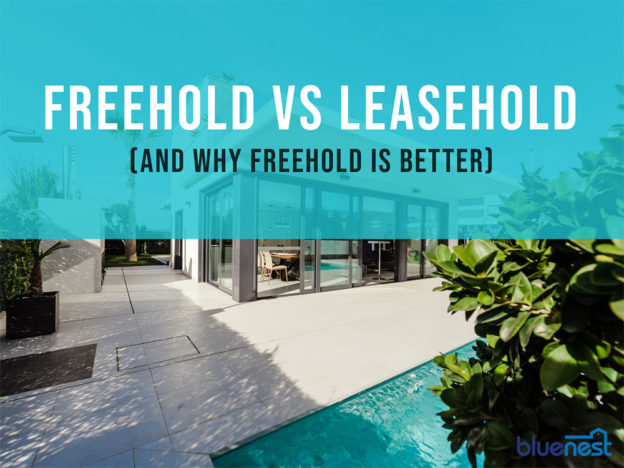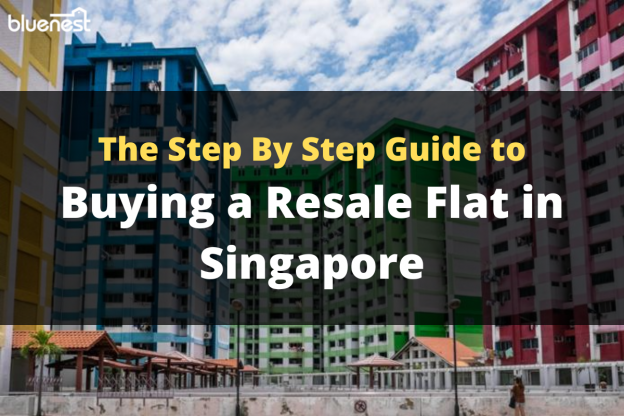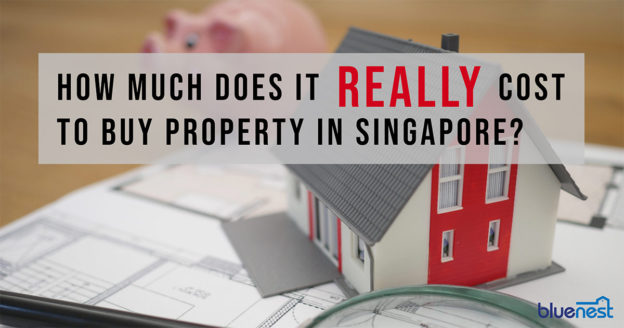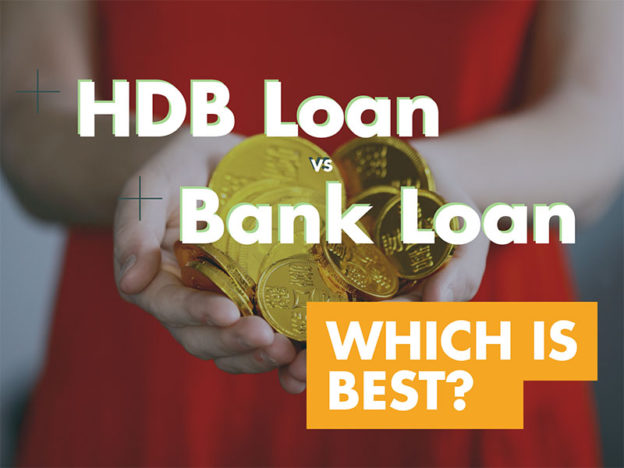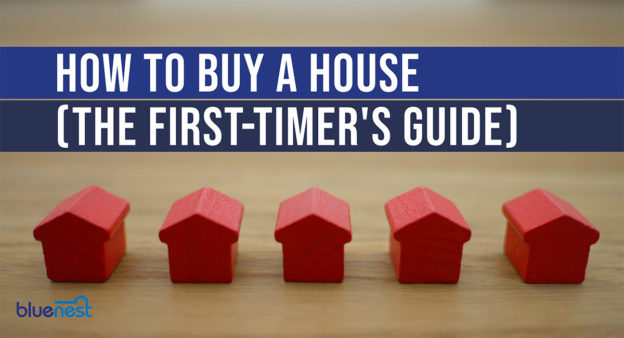Buying your first private property in Singapore is a milestone. It represents the level of comfort and financial stability you now enjoy. Despite only 15.9% of the Singapore population living in condos, you can see showrooms popping up at every corner. In your search for the right apartment, you will encounter terms like freehold and leasehold property. In this article, we will review the differences between freehold and leasehold properties and why freehold units are better choices.
Also, if you are buying a condominium as your 2nd property, here’s what you need to note when you take a 2nd home loan.
What is freehold vs leasehold?
If a property is freehold, you can own it for an indefinite period.
With leasehold properties, you lease the property for a fixed number of years. When the lease expires, you return possession of the land to the state.
Leaseholds are commonly categorized into 2 types in Singapore: 99-year & 999-year. 999-year leasehold properties are practically similar to a freehold property given its seemingly eternal tenure. Most of us won’t be around by then. For simplicity, we’ll refer to leasehold property as those with a 99-year lease.
With our limited land space and growing population, most condo leases in Singapore are only for a 99-year period. You’ll find that freehold and 999-year leases are rarer these days.
Why Freehold Property is Better than Leasehold
1. More Freedom, Fewer Restrictions
Freehold properties enjoy more flexibility and freedom in usage compared to their leasehold counterparts. You have greater latitude to make changes to the internal and external structure of your unit. If you’re the gardening type, feel free to remodel your house for grander gardens and lawns.
Freehold properties also face fewer legal restrictions and limitations. For instance, you can use the maximum amount in your CPF (less compulsory sum) to pay for your freehold condo since there’s no lease to worry about. And with fewer rules in place, it’ll be easier if you want to transfer property ownership to your loved ones in the future.
2. Longer Period to Rent Out
Standard rental periods typically last from a few months to 1-2 years, so your rental yields are unlikely to be affected by the freehold/leasehold factor. Your freehold condo will receive the same rental income as a similar leasehold condo next door with the same floor space and access to amenities.
The main difference is that with a freehold condo, you won’t have to consider selling off your property once the lease depreciates past a certain point. You can keep the property in perpetuity and continue to collect rent long after a leasehold would’ve expired.
However, like all practical Singaporeans, we know that no property will last forever. Unless your tenants agree to renovate and upgrade the condo at their own expense, the unit will eventually become old and outdated.
3. Higher Return on Investment (ROI)
The golden years of a leasehold condo are its initial 10-20 years. This period is when the property appreciates in value the most. After this, you can expect rapid depreciation from the dropping lease tenure.
Freehold properties in Singapore, on the other hand, enjoy immunity from this depreciation. Even if you’ve missed out on the previous market boom, you can afford to wait for an opportune time to sell your property. You’ve just gotta make sure that the estate is well-maintained in the meantime.
4. More En Bloc Rights
As a leasehold owner, you have no en bloc rights. The property goes to the highest bidder.
If you’re a freehold owner, you can exercise your option to sell.
En blocs are like generous friends to freehold property. Land is a valuable resource in Singapore. During an en bloc, a freehold condo is valued at a significantly higher price.
What this means is that you’ll have far greater bargaining power and larger monetary compensation. The rewards from an en bloc can be bountiful. For instance, the recent en bloc of Cascadale condo in Changi resulted in a hefty payout of $1.4M -$4M per owner.
5. Greater Value in Land Ownership
Having a freehold property is like owning a piece of land. In a land-scarce country like Singapore, land is a valuable asset. Leasehold properties will expire after their tenure. The fact is that after 99 years, you’ll no longer own the asset, nor will you be able to pass on your property.
As the country further develops and more foreign investors come in, the value of freehold properties are bound to appreciate over time.
Was this article helpful? Good things must share!

